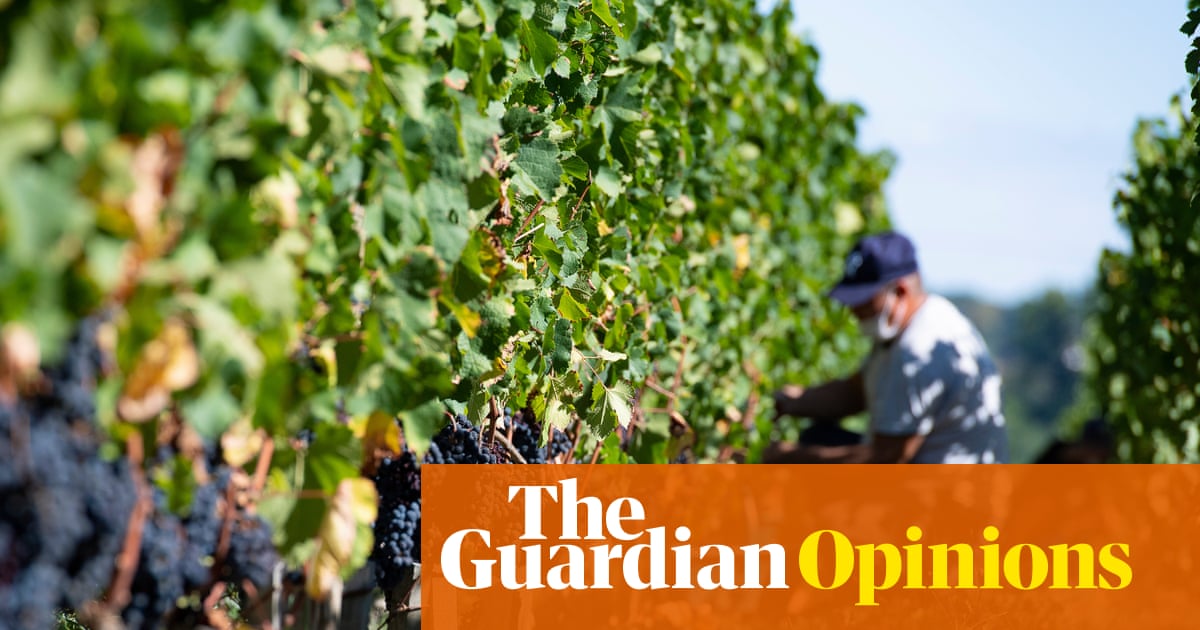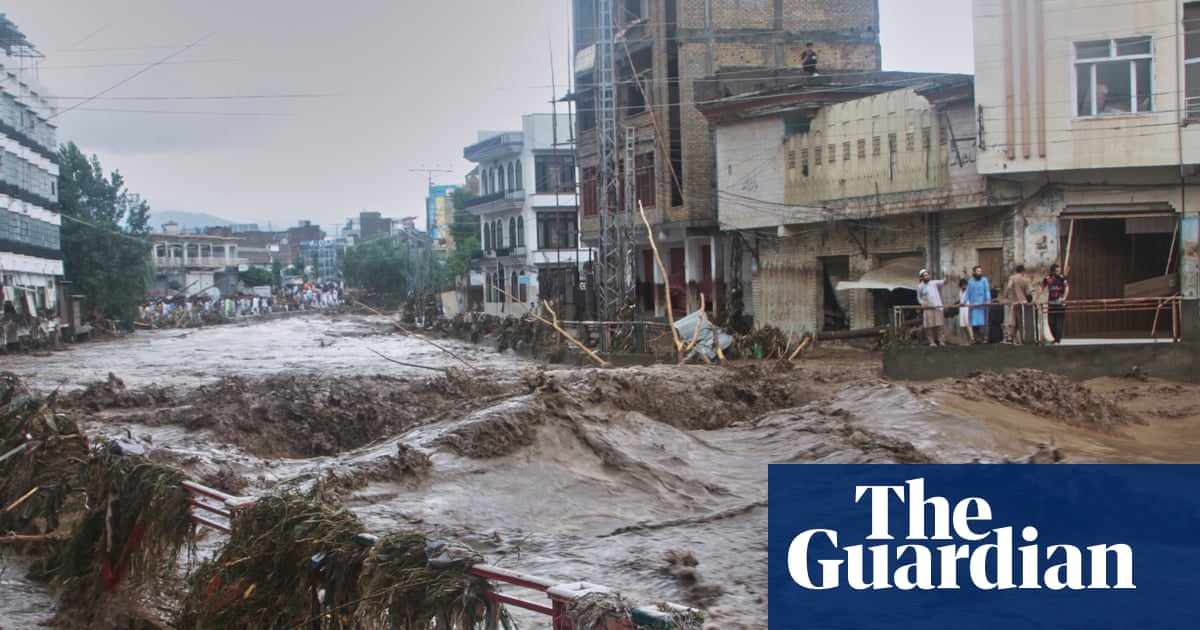PROTECT YOUR DNA WITH QUANTUM TECHNOLOGY
Orgo-Life the new way to the future Advertising by AdpathwayThe world is better than what the media think.
‘Die Welt’ science journalist Axel Bojanowski was recently interviewed by the online “BauerWilli” (BW) and discussed his recently released book
“33 Amazing Glimmers of Hope – Why the world is better than we think,”
Future looks promising. German journalist Axel Bojanowski rejects the rampant apocalypticism among the media. Image: created by Grok AI
Bojanowski argues there is an overly negative and apocalyptic style of reporting in the media, particularly concerning climate and environmental issues.
Cult-like behavior
According to Bojanowski, predicting the end of the world has become a sign of belonging among journalists. He sees this as a counter-movement to the post-war prosperity.
Not surprisingly, Bojanowski is seen as a “troublemaker” in his field for highlighting positive developments, yet he views the personal attacks as a good sign – and proof that critics lack factual arguments and are desperate to justify themselves.
Alarming false claims
The media, especially in Germany, like to spread false claims, such as the 15,000 liters of water allegedly “consumed” for producing one kilogram of beef:
BauerWilli: There are many myths and false claims in agriculture that are constantly repeated. One example: 15,000 liters of water are supposedly “used” to produce one kilogram of beef. If you calculate for your fellow citizens how many liters that is for a 700-kilogram cow, they will start to doubt that the figure can be correct. But they had never thought about it before. And yet this nonsense cannot be eradicated.
Axel Bojanowski: : Yes, that’s very typical. There are rarely any corrections to environmentally apocalyptic claims in the media. A press release from Greenpeace is treated like a study. They find some substance in some product and immediately start talking about “poison in …”, completely regardless of the dose, which is often well below the limit value. With state-of-the-art detection methods, you can prove anything. These headlines attract a lot of attention, bring in readers, and bring donations to environmental organizations. There is a well-established collaboration between NGOs and the media. They play off each other.”
Use Wikipedia with “great caution”
In the interview, Bojanowski reminds that although social media and artificial intelligence (AI) offer new ways to correct misinformation, he warns that sources like Wikipedia are often controlled by activists and should be used with caution.
The ‘Die Welt’ editor also criticizes the increasingly negative portrayal of agriculture in the media and textbooks, despite it being the foundation of civilization. He believes that the younger generation will take matters into their own hands and likely won’t so easily reject the foundations of prosperity (fossil fuels, nuclear power) as current activists do.
Bojanowski concludes with an appeal for more optimism and encourages productive people to have the courage to withstand resistance.
Donate - choose an amount


 2 days ago
6
2 days ago
6






















 English (US) ·
English (US) ·  French (CA) ·
French (CA) ·